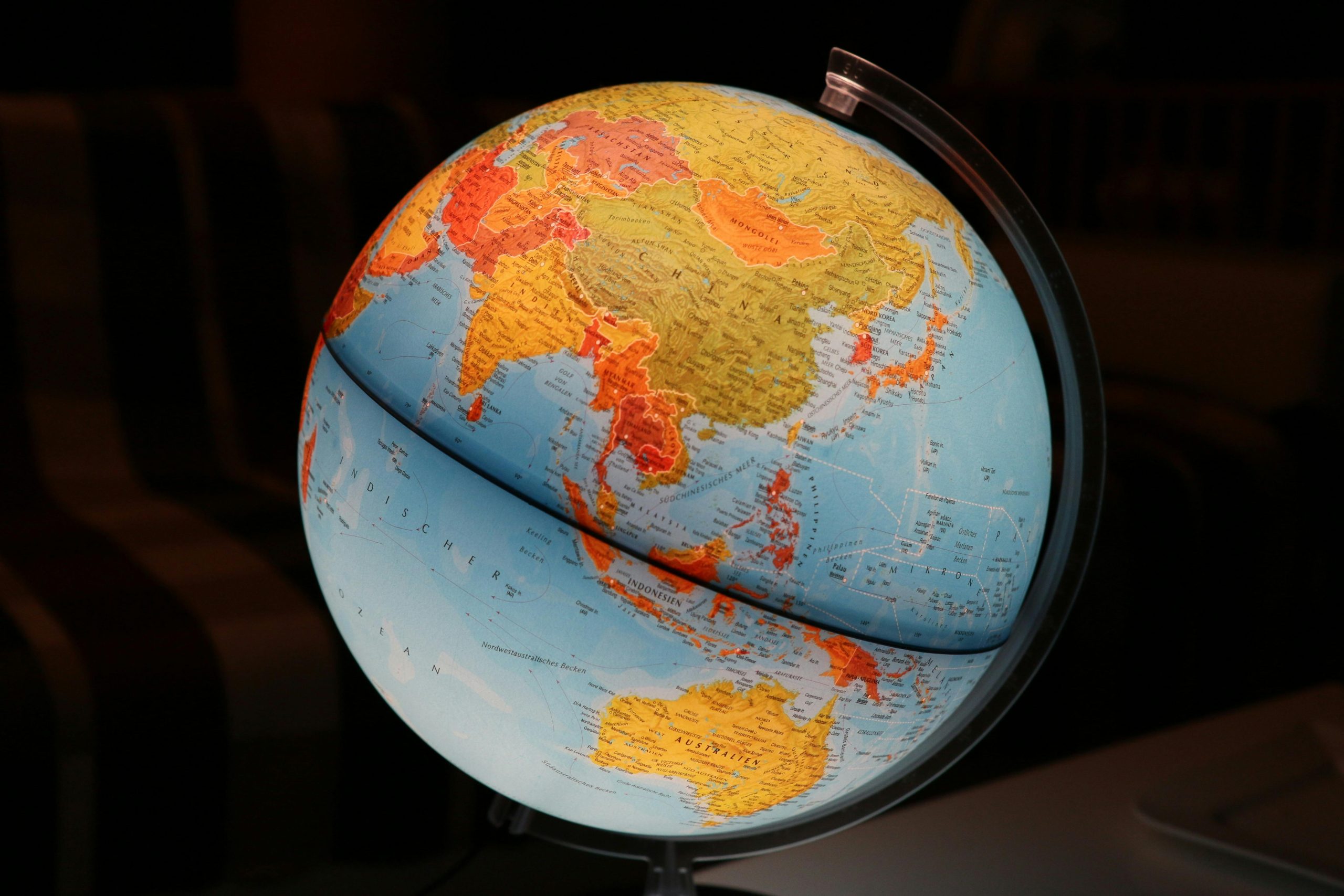The Hidden Role of Trump in Global Economic Shifts
Donald Trump’s presidency from 2017 to 2021 was marked by significant economic policies and decisions that reverberated across the globe. While often viewed through a domestic lens, his actions had profound implications for international trade, investment, and economic relations. This article explores the hidden role of Trump in shaping global economic shifts during and after his administration.
Trade Wars and Tariffs: A New Era of Protectionism
One of the most notable aspects of Trump’s economic policy was his approach to trade. The imposition of tariffs on steel, aluminum, and various goods from China marked a shift towards protectionism. This strategy aimed to protect American jobs but had far-reaching consequences:
- Global Supply Chains Disrupted: Companies reliant on international supply chains faced increased costs, leading to a reevaluation of sourcing strategies.
- Retaliatory Tariffs: China and other nations retaliated with their own tariffs, affecting American exports and creating a tit-for-tat scenario that strained international relations.
- Shift in Trade Alliances: Countries began to seek new trade partners, leading to a reconfiguration of global trade networks.
Foreign Investment and Economic Nationalism
Trump’s administration also emphasized economic nationalism, which influenced foreign investment patterns. The “America First” policy encouraged domestic production and limited foreign investment in certain sectors:
- Increased Scrutiny of Foreign Investments: The Committee on Foreign Investment in the United States (CFIUS) became more active in blocking foreign acquisitions deemed a threat to national security.
- Impact on Global Investors: Uncertainty surrounding U.S. policies led to a cautious approach from foreign investors, affecting capital flows into the U.S.
- Emergence of New Markets: As U.S. companies sought to mitigate risks, they began exploring emerging markets in Southeast Asia and Africa.
Currency Manipulation and Global Markets
Trump frequently accused countries like China of currency manipulation, which highlighted the interconnectedness of global economies. His rhetoric influenced market perceptions and currency valuations:
- Market Volatility: The uncertainty surrounding trade policies and currency valuations led to increased volatility in global markets.
- Shift in Monetary Policies: Central banks worldwide had to adjust their monetary policies in response to the changing economic landscape influenced by U.S. actions.
- Long-term Economic Strategies: Countries began to adopt more strategic approaches to currency management to mitigate risks associated with U.S. policies.
Conclusion: The Lasting Impact of Trump’s Economic Policies
Donald Trump’s presidency catalyzed significant shifts in the global economic landscape. His protectionist trade policies, emphasis on economic nationalism, and rhetoric surrounding currency manipulation reshaped international relations and investment patterns. While some of these changes were immediate, others may have long-term implications for global trade and economic cooperation.
As nations continue to navigate the complexities of a post-Trump world, understanding these shifts is crucial for policymakers, businesses, and investors alike. The hidden role of Trump in global economic shifts serves as a reminder of how domestic policies can have far-reaching international consequences.

No responses yet